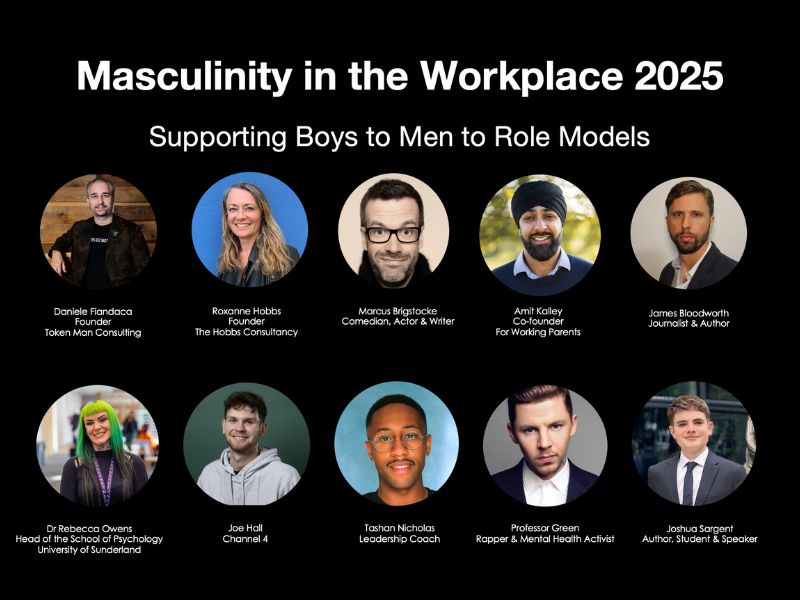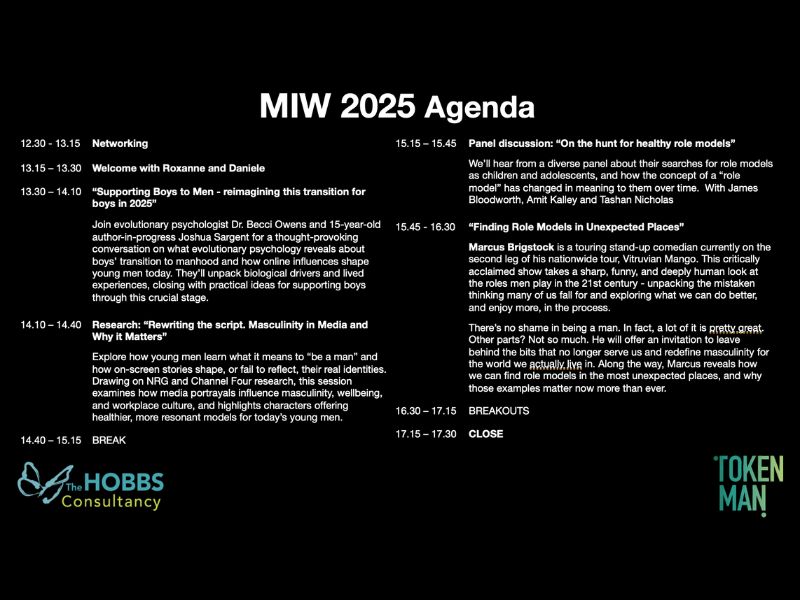Leaving a job before another one is lined up can stir a mix of fear and relief. It’s the moment you realise that staying has started to cost more than leaving.
Maybe your energy is gone, your values no longer match or the spark that once made you care has faded. The decision might come quietly one morning as you stare at your screen and think, I can’t do this anymore. It’s not about giving up. It’s about choosing yourself over routine, even when the next step isn’t clear yet.
Walking away with no plan isn’t reckless when it’s done with thought and care. It’s an act of self-respect. It’s choosing to pause rather than push yourself into another role that isn’t right.
Know why you’re leaving
Before you hand in your notice, take time to understand what’s really behind your decision. Are you leaving because you’re unhappy or because you’ve reached the end of what the job can teach you? Is it the work, the people or the structure that no longer fits? The clearer you are about your reason, the easier it will be to make choices that move you forward rather than sideways.
Sometimes the reason is simple. You need rest. You want space to rethink your direction. You’ve realised the role doesn’t align with your values anymore. Whatever your reason, write it down and come back to it when doubt creeps in. It will remind you that your decision had purpose.
Plan your finances
Even when emotion drives the decision, practicalities matter. Take a close look at your finances and calculate how long you can comfortably manage without income. Cut unnecessary costs where you can and create a small plan for the months ahead. Knowing you have a safety cushion, even for a short time, can ease the panic that might follow once you’ve left.
Some people use this period to freelance or take on short-term work to keep money coming in. Others rely on savings while they rest and reset. Whatever you choose, the key is to be honest with yourself about what’s realistic.
Tell your manager respectfully
Resigning without another job lined up can catch some managers off guard, so it’s worth preparing how you’ll explain your decision. You don’t owe anyone a full breakdown, but being respectful goes a long way. Keep your conversation short, professional and clear. Thank them for the opportunities you’ve had, explain that you’ve decided to take time out to reassess your next steps, and reassure them that you’ll help make the handover smooth.
Leaving well protects your reputation and helps you leave with dignity. You never know when paths might cross again.
Give yourself permission to pause
Once you’ve left, it can take a while to stop feeling guilty for not working. In a culture that often links identity to productivity, time off can feel uncomfortable. It’s so important to give yourself permission to rest. Use this time to reflect on what energises you and what doesn’t. Think about the kind of work that excites you, the people you want to work with and the environment that helps you thrive.
If you struggle with the sudden quiet, create a loose structure to your days. Get outside, connect with people and do something that reminds you who you are outside of work. These small actions help rebuild your confidence and clarity.
Reframe the gap
When it’s time to start applying for new roles, remember that a career break doesn’t make you less valuable. It makes you human. Be honest if asked about it. You can explain that you chose to take time out to reassess your goals or improve your wellbeing. Most employers respect honesty and self-awareness.
You don’t need to apologise for taking a break. You just need to show how it helped you grow. Maybe you gained perspective, built new skills, or learned what you really want from your next role. A clear sense of direction is worth far more than continuous employment on paper.
Trust your timing
There’s no perfect moment to leave and no set timeline for what happens after. You might find your next role in weeks, or it might take longer. Both are fine. What matters is that you’ve made a conscious decision to put your wellbeing and future first.
Walking away without another job lined up isn’t an ending. It’s a reset. A chance to step back and move towards something that feels right, not just available. It takes courage to let go before you know what’s next, but sometimes that’s exactly what you need to start again on your own terms.











